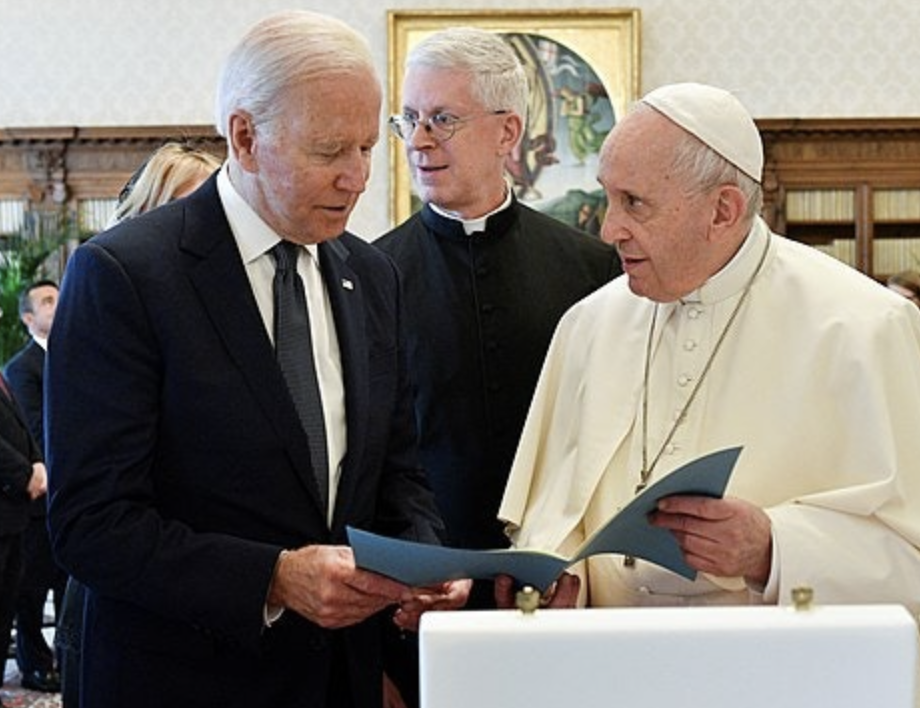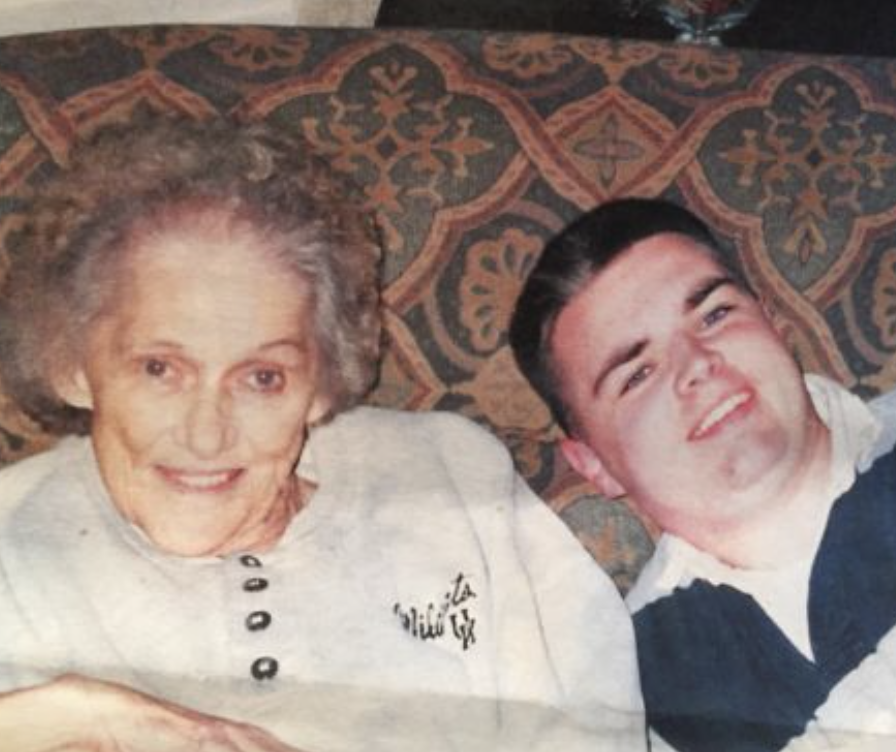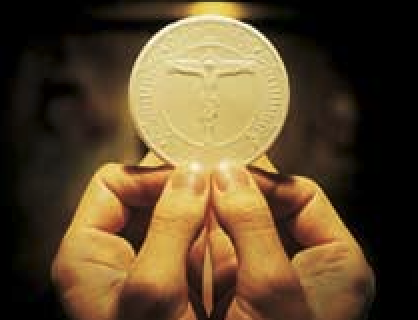Eight years ago, Lifeway Research asked Protestant pastors who they planned to support in the presidential election and only 3% declined to answer.
That number didn't change much in 2020, when 4% declined. But things changed recently, when almost a quarter of the pastors refused to voice their choice in the 2024 White House race.
Among those who tipped their hand, 50% said they would vote for former President Donald Trump and 24% backed Vice President Kamala Harris. The intriguing question was why -- in a tense, tight election -- so many clergy insisted that they were undecided or needed to remain silent for some other reason.
"Whether these pastors are mum because their vote might differ from the majority view in their congregations or because they are genuinely undecided was not clear," noted Mark Wingfield, of Baptist News Global. "Nationally, as few as 3% of all voters are considered truly undecided this election year, a much lower share than in previous years."
In the document explaining the survey, Lifeway executive director Scott McConnell noted that how pastors define "their own political party preference" is consistently the best way to predict their voting-booth decisions.
Half of the Protestants in the survey identified as Republicans, while 18% were Democrats and 25% said they were political independents. Clergy leading conservative flocks -- evangelical, Baptist, nondenominational or Pentecostal -- were most likely to be Republicans. Presbyterians, Methodists, Lutherans and clergy in other progressive mainline churches were most likely to be Democrats. Also, Black pastors were among those most likely to back Harris (71%) and the least likely to support Trump (5%).
Thus, a recent Pew Research Center survey found that 82% of white evangelicals -- clergy and laity -- planned to vote for Trump, while 86% of Black Protestants supported Harris. White mainline Protestants were more evenly divided, with 58% ready to back Trump.










